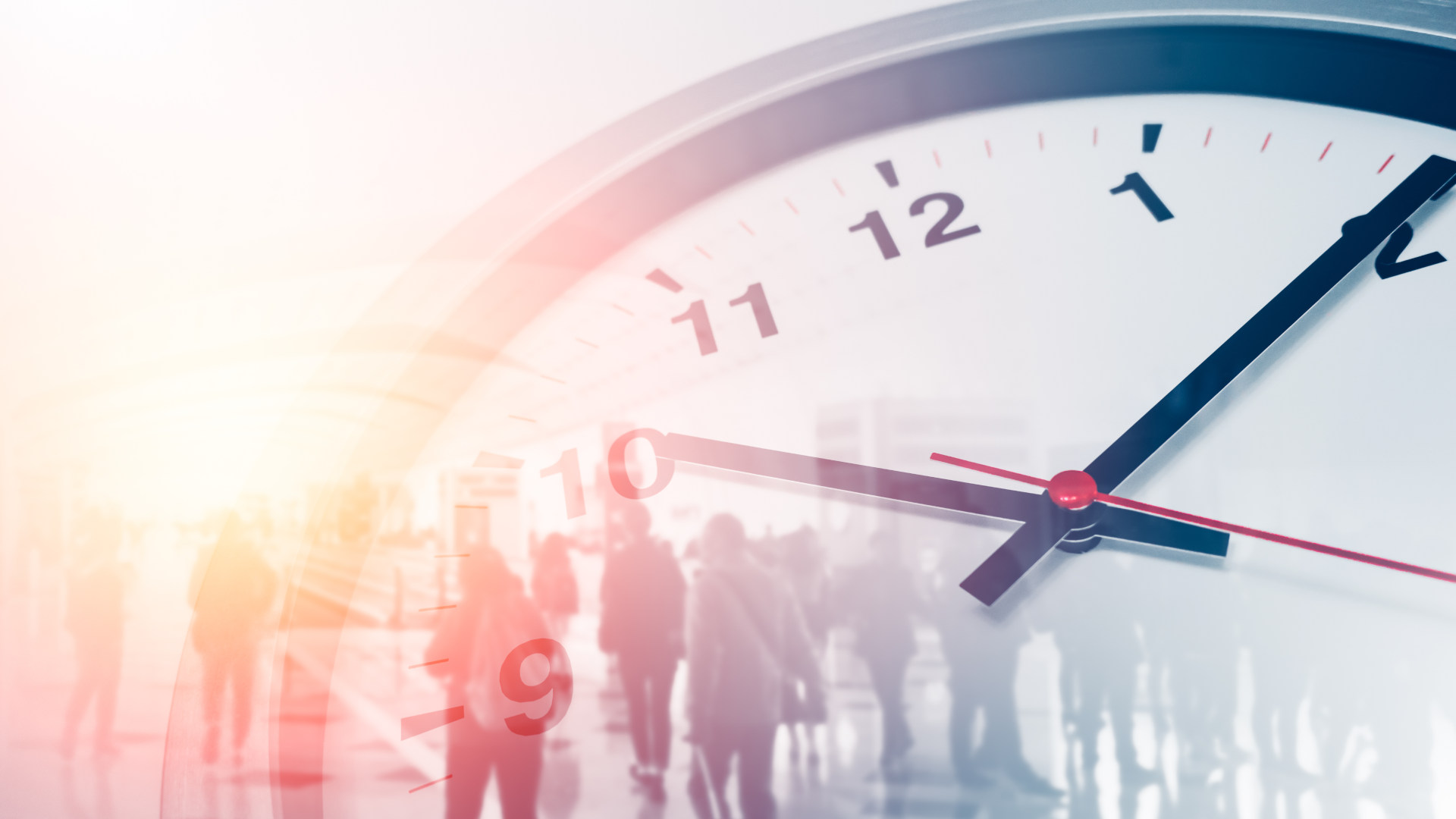Cheatsheet |
When working out and building muscle, you've probably had it drilled into you countless times that sleep is essential in maximizing your gains. After all, our bodies do most of their recovery and repair when we're asleep, so a good night's sleep is critical for us to feel fresh mentally and physically.
The effects of a night's sleep are far-reaching and influence many bodily functions. For example, one of the significant ways sleep can affect you is how it can impact your testosterone levels.
Testosterone is a hormone in the male body that governs muscle growth, energy levels, and testicular health.
Your testosterone levels can be seriously affected if you've fallen into a bad sleep habit - whether you’re not getting enough or sleeping in too late.
Not only will this leave you feeling groggy and irritable, but it will destroy any gains you make in the gym and leave you too lethargic to stay consistent with your routine.
To help you improve both your sleep and your testosterone levels, here's a deep dive into the connection between testosterone and sleep:
Testosterone and Sleep
Your testosterone and sleep cycle are symbiotically linked, intrinsically affecting each other. Therefore, your testosterone levels will play a massive role in the quality of your sleep, and how much sleep you get in a night can also impact your testosterone levels in return.
If you fall into bad habits, you can quickly sink into a vicious cycle of poor sleep and low testosterone levels. Men should aim for around seven-nine hours of sleep per night consistently, any less can put you at risk of having low testosterone, which can spark a whole host of problems.
There are many reasons why you may have low testosterone, the most common is your age. As you get older, your testosterone levels naturally decline, meaning that your hormones will reach a low point once you reach middle age (around 40). Once you age out of your twenties, your testosterone will deplete by about 1.6% a year.
In addition to age, low testosterone can also be caused by:
If you work hard to improve your sleep to ensure you're not deprived, you can alleviate the symptoms and start to feel better while boosting your testosterone.
How low testosterone affects your sleep
If you have low testosterone, you will likely struggle to get a good night's sleep.
Although the research around this topic isn't conclusive, it's suggested that low testosterone levels can cause insomnia, which can keep you up at night and mean you're not getting enough rest. The effects that insomnia has on your waking life can be tragic, as it can lead to less energy, depression, and low moods, and even decrease your sexual function.
In addition, low levels of this hormone can also lower your sleep efficiency and cause sleep-disordered breathing, such as intense snoring and nocturia (where you wake up multiple times to go to the toilet).
This also prevents you from entering a deep sleep, which means you won’t have the opportunity to recover and feel refreshed the next day - impacting function and performance.
How sleep affects testosterone
Your testosterone levels can affect the quality of your sleep, but this link also goes the other way, meaning that how you sleep, the hours you sleep, and the times you get to bed can play a role in your testosterone and other hormone levels are like.
This is because testosterone production depends on sleep, as the chemical is often produced in your body when you're not awake. This means the less rest you have, the less opportunity you have to create testosterone.
When you fall asleep, your testosterone production switches into gear and gently rises, reaching its peak in your first bout of REM sleep. This type of sleep occurs when you're about to dose off properly. Testosterone stays high throughout your sleep but lowers while you're awake.
You will go through various sleep cycle stages throughout the night; however, this vital REM stage is usually the longest and expands the more you sleep.
This means if you sleep for eight hours, you'll have more REM time, thus more testosterone production than if you only get six hours.
If you have a terrible night's sleep or wake up too early, you will inhibit your body's ability to produce and transport testosterone. This is because low sleep impacts globulin. This is a protein that binds to your sex hormones, such as testosterone, so that they can be transported around the body. As a lack of sleep reduces your globulin count, less testosterone will travel around your body.
If you want to improve your sleep quality to boost your testosterone, here are a few things that you need to do and focus on:
Get the right amount of sleep
One of the best ways to improve your sleep quality and boost your testosterone is to sleep for longer simply.
The sweet spot is around seven to nine hours, depending on your age, as this will give your body enough time to recover and develop testosterone. Getting enough hours of sleep is vital for older men who are experiencing a natural drop in testosterone.
For example, getting only five hours a night, a problem many men experience regularly can lower your testosterone levels by 10-15%, even after just one day of poor sleep.
Getting the right amount of sleep can also help you lower cortisol, which is vital as a high cortisol level can lower your testosterone.
Don't wake up too early
You may be tempted to beat the rush and head to the gym or start your workouts early in the morning before sunrise. Although this is a noble cause and shows commitment, this could be harming your testosterone levels, depending on when you get to bed.
Waking up early cuts into the second half of your sleep cycle, which lowers your testosterone much more than cutting the opening section of your sleep cycle. If you go to bed late, you shouldn't be waking up early, as you'll be restricting your testosterone production.
If you need to get up early in the morning, you must set your bedtime earlier the night before. This is to make sure that your natural sleep cycle isn't interrupted.
Try to sleep through the night
One of the worst ways you can disrupt your testosterone production during sleep is by getting up multiple times at night. To help you produce more, try to ensure you sleep through the night.
This means that you should ensure that you empty your bladder just before bed to minimize the chances of being interrupted by needing to pee, and you should also try to wear yourself out during the day to ensure you sleep through the night.
Avoid coffee or energy drinks after 2 pm and try to unwind before bed by reading or avoiding screens, as the blue light emitted mimics the daytime sky and can confuse our body into thinking that it's the waking hours.
Can high testosterone impact sleep?
Far more research needs to be done on testosterone and sleep to get a definitive answer, but it's thought that high testosterone levels can also harm your sleep.
It's been said that men who are overweight and have high testosterone have shallower sleep, meaning they spend more time in the REM stage of sleep.
This can make these men sleepier during the day, impairing their mental performance. If you have high testosterone, it's been noted that a lack of sleep can affect you more than those with low testosterone, citing more examples of irritability and aggression.
How else does sleep affect you?
Sleep doesn't just affect your testosterone. Sleep plays a massive part in determining your mood and energy, as well as other crucial aspects of your overall health and well-being.
Let’s take a look at some of the worst effects that not enough sleep can have on you:
Trouble with concentration and thinking.
Suffering from insufficient sleep can inhibit your attention, creativity, and ability to solve problems. This can cause you to perform poorly at work, school, and daily life.
You may also have memory issues, meaning you'll forget critical information. This is because your brain saves information in long-term memory as you sleep.
Weakened immune system
If you're constantly tired, you will likely have a less effective immune system, resulting in more sicknesses and illnesses and feeling far more run down than usual.
Of course, this creates a vicious cycle because you may find it harder to sleep when you are ill, making you feel even worse.
High blood pressure
If you're experiencing poor sleep at night, you're at a higher risk of high blood pressure. This can cause many serious issues related to your heart.
Weight gain
If you lack sleep, the signals that tell your brain that you're fully satiated are entirely out of whack. This means that you'll likely eat more and pack on the pounds.
In addition, a lack of sleep can also impact your metabolism. This makes it harder to lose weight once you’ve gained it.
Low sex drive
If you're constantly tired, you have a much lower sex drive than usual, meaning that you'll be less interested in having sex and may also struggle to perform when in the act.
The potential result is a damaged relationship with your partner or even self-esteem issues if you don’t feel you can perform to your usual standards.
Muscular aches
If you don't sleep enough, your body will have less time to rest and recover the muscle fibers damaged during workouts. As a result, you will likely feel sorer between sessions and struggle in the gym as your body is still tired.
Sleep tight
Testosterone is vital for anyone wanting to gain muscle mass and sculpt the ideal physique.
This means you need to do all you can to ensure you have a high amount of this hormone. Of course, what you eat, the exercises you perform, and your overall fitness will influence your testosterone levels. Still, getting enough sleep is another way to boost your hormone levels.
Sleep quality and testosterone are linked, meaning the better sleep, the higher your testosterone, and vice versa. As testosterone is produced chiefly when we're nodding off, getting the proper rest will help you see results and grow quicker.
For some men, getting the right amount of sleep may not be enough to increase your testosterone to the levels you need. To help, you can use a natural, safe and legal testosterone booster such as Testoprime, which will help increase your testosterone levels and in turn improve sleep.
Related Articles
What Causes Low Free Testosterone?
How does TestoPrime work? (and is it right for you)





